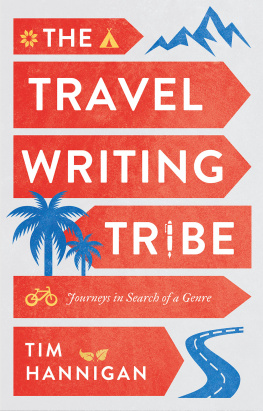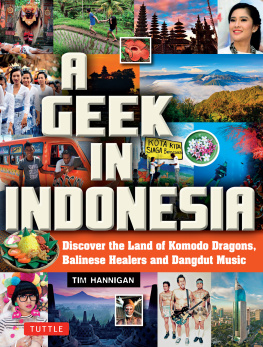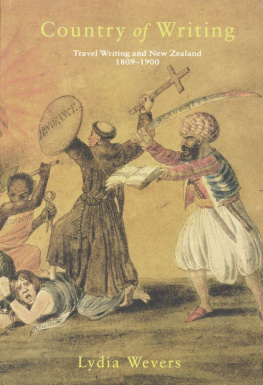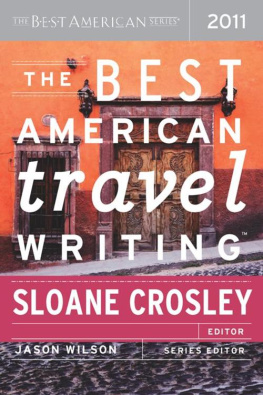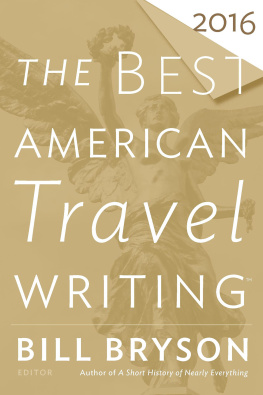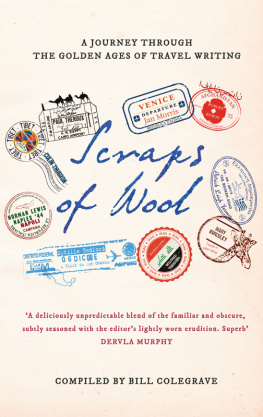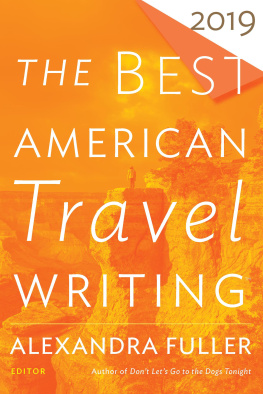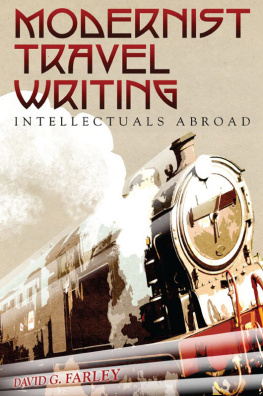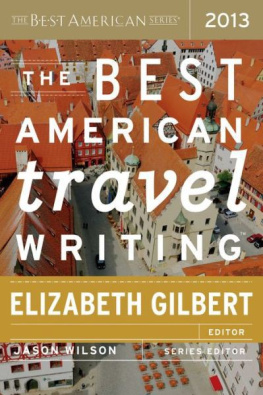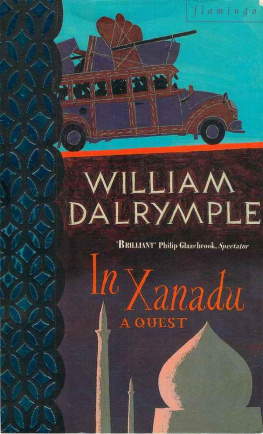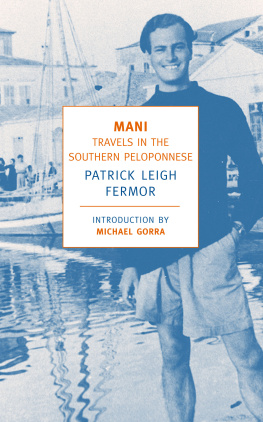Contents
Page List
Guide
THE TRAVEL WRITING TRIBE
TIM HANNIGAN
The Travel Writing Tribe
Journeys in Search of a Genre
HURST & COMPANY, LONDON
First published in the United Kingdom in 2021 by
C. Hurst & Co. (Publishers) Ltd,
83 Torbay Road, London NW6 7DT
Tim Hannigan, 2021
All rights reserved.
Printed in the United Kingdom
Distributed in the United States, Canada and Latin America by
Oxford University Press, 198 Madison Avenue, New York, NY 10016, United States of America.
The right of Tim Hannigan to be identified as the author of this publication is asserted by him in accordance with the Copyright, Designs and Patents Act, 1988.
A Cataloguing-in-Publication data record for this book is available from the British Library.
ISBN: 9781787384705
This book is printed using paper from registered sustainable and managed sources.
www.hurstpublishers.com
Travelling outgrows its motives. It soon proves sufficient in itself. You think you are making a trip, but soon it is making youor unmaking you.
Nicolas Bouvier, The Way of the World
how was I, out of all this, to make a book?
Graham Greene, Ways of Escape
CONTENTS
PART ONE
THE QUEST(IONS)
PART TWO
THE TRAVEL WRITING TRIBE
PART THREE
ACROSS THE BORDER
PART ONE
THE QUEST(IONS)
1
THE LONG WHITE TRACK
This is what I remember:
A long white track through the fields. A cock pheasant, lumbering into flight on frenzied wings. At a field corner, an old barn, built of rusted iron sheets and flamboyantly collapsed, its roof-ridge warped like the spine of a Chinese dragon. And at the end of the track, the house: the house from the book.
It was an afternoon of absolute stillness in late April, with deep shadows in the curves of the countryside. To the west a thin streak of blue showed where the River Fal was creeping into southern Cornwall with the flooding tide. I had come to conduct an interview, a 1,200-word profile for a regional magazine: local author with a new book out; tell our readers what you love most about Cornwall!But he was a writer in the genre that was my abiding literary obsession, and I was excited at the prospect of talking to him.
He came to the door with a spaniel eddying around his feet: Yes, yes, come in; well get a drink and then we can go to my office Philip Marsden. A travel writer. In the flesh.
* * *
I read my first travel books in my late teens, five of them in short succession, though I cant recall in which order: Eric Newbys A Short Walk in the Hindu Kush; Wilfred Thesigers Desert, Marsh and Mountain; Paul Therouxs The Happy Isles of Oceania; Nick Danzigers Danzigers Travels; and Nicholas Cranes Clear Waters Rising. It was like finding a way through the back of the wardrobe. This was what I had been looking for as a bookish boy who was also a surfer and kayaker and crosscountry runner. I had already dallied with Ernest Hemingway and Joseph Conrad, but this was better still: books by writers who seemed to be hardy outdoorsmen (and they were all men, though I scarcely registered the fact at the time) but who were as scholarly as they were intrepid. With books like these I could gaze at lapis-blue tilework under vast Central Asian skies in the company of a guide who knew the difference between Seljuk and Timurid architecture, but who would, with the next breath, be setting out to cross an uncharted desert with little more than a leaky waterskin and a handful of dates. What was more, travel writing seemed to have both a busy present and a limitless past (I was eighteen, a trainee chef from the far west of Cornwall in the late 1990s, and Eric Newby and Wilfred Thesiger seemed to represent some distant classical epochthough both men were, in fact, still alive and publishing at the time).

